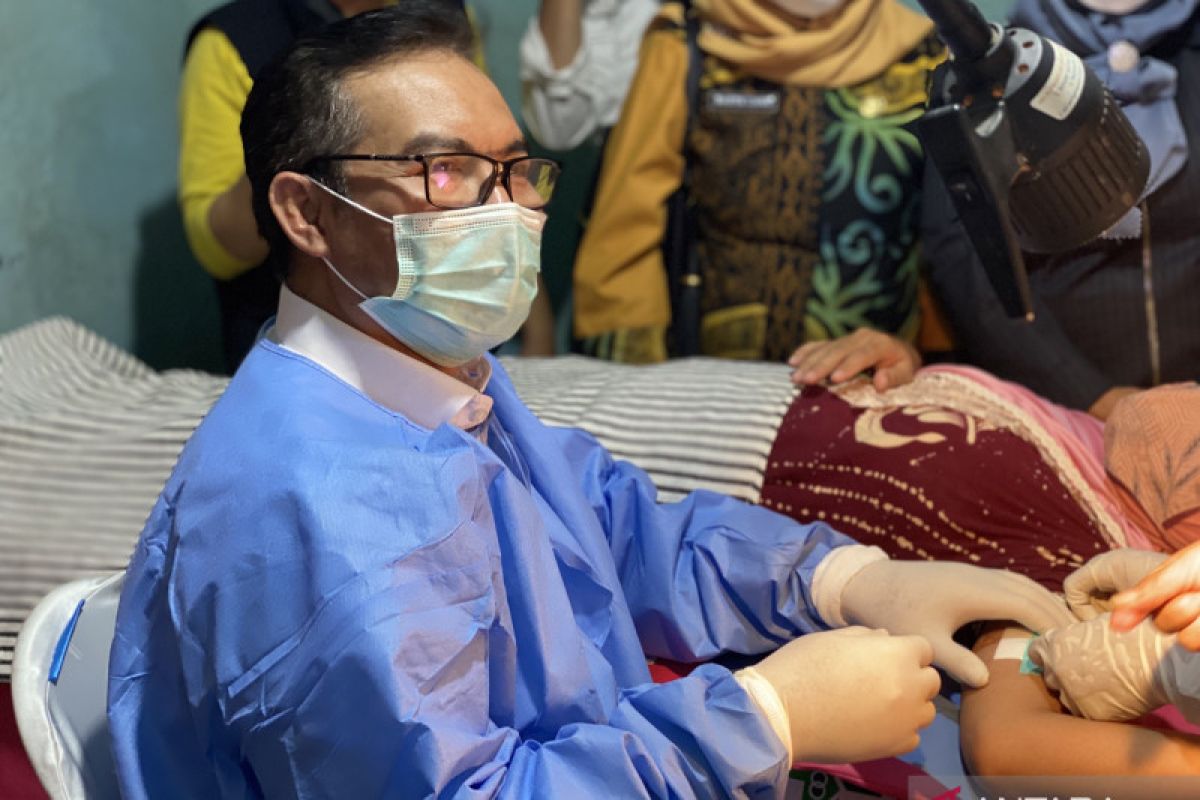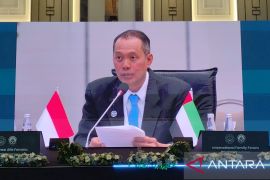It aims to regulate birth spacing, pregnancy spacing, and avoiding unwanted pregnancies, so that each family can plan a safe and healthy pregnancyJakarta (ANTARA) - The National Population and Family Planning Agency (BKKBN) stated that Postpartum Family Planning (KBPP) can help reduce the number of unmet needs in the community.
"KBPP is family planning services provided after delivery for up to 42 days. It aims to regulate birth spacing, pregnancy spacing, and avoiding unwanted pregnancies, so that each family can plan a safe and healthy pregnancy," Head of BKKBN Hasto Wardoyo noted in a statement received here, Friday.
Wardoyo remarked that based on results of the new gender and child data system (SIGA), the achievements of KBPP in Indonesia were still very low, at 15.8 percent. Thus, around 85 percent mothers have not used KBPP.
Apart from preventing the birth of babies with a risk of stunting, KBPP also contributes to reduce the Maternal Mortality Rate (MMR) and Infant Mortality Rate (IMR) in Indonesia that are still high, Wardoyo stated.
He appealed to family planning program managers and those handling health facilities on the field to be more aggressive in providing promotion, counseling, and education to couples of childbearing age (PUS) since the KBPP achievement is still low.
He also expected that this low achievement would become a joint concern, as health workers and promoters have a major role to help in increasing the motivation of PUS to join the family planning program.
"We need efforts to increase KBPP promotion and counseling in a comprehensive manner and also to strengthen the role and support of family planning program managers and health facilities in increasing the coverage of KBPP services," he stated.
Meanwhile, BKKBN's deputy of family planning and reproductive health, Eni Gustina, noted that in the results of the 2021 Family Data Collection (PK-21), there were several reasons behind PUS not participating in family planning.
Some of the reasons were the plans to get pregnant, health-related reasons, side-effects of drugs, infertility or menopause, and rejection either from the partner or family.
Other reasons include the couple living in places that are far away or rarely have contact; not having found the appropriate device or method of family planning; lack of education about family planning; religious beliefs; high costs; residing far from health facility; unavailability of tools, drugs, or family planning methods; and no officers to provide family planning services in their area.
Related news: BKKBN supports inclusion of postpartum birth control into curriculum
Related news: Indonesian mothers' health remains matter of concern: BKKBN
Related news: BKKBN working with OISAA to expedite stunting reduction
Translator: Hreeloita Dharma S, Resinta S
Editor: Sri Haryati
Copyright © ANTARA 2023












